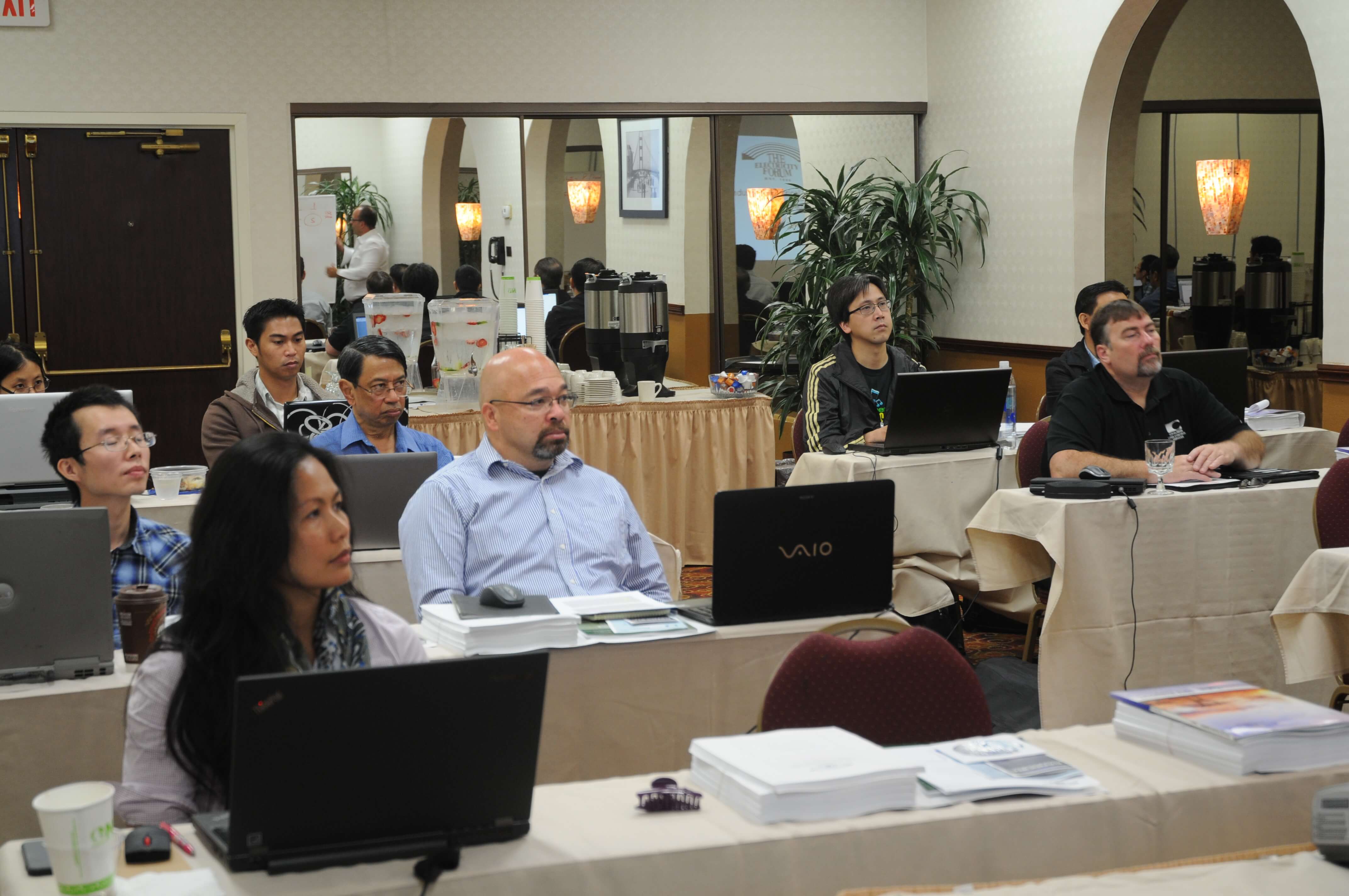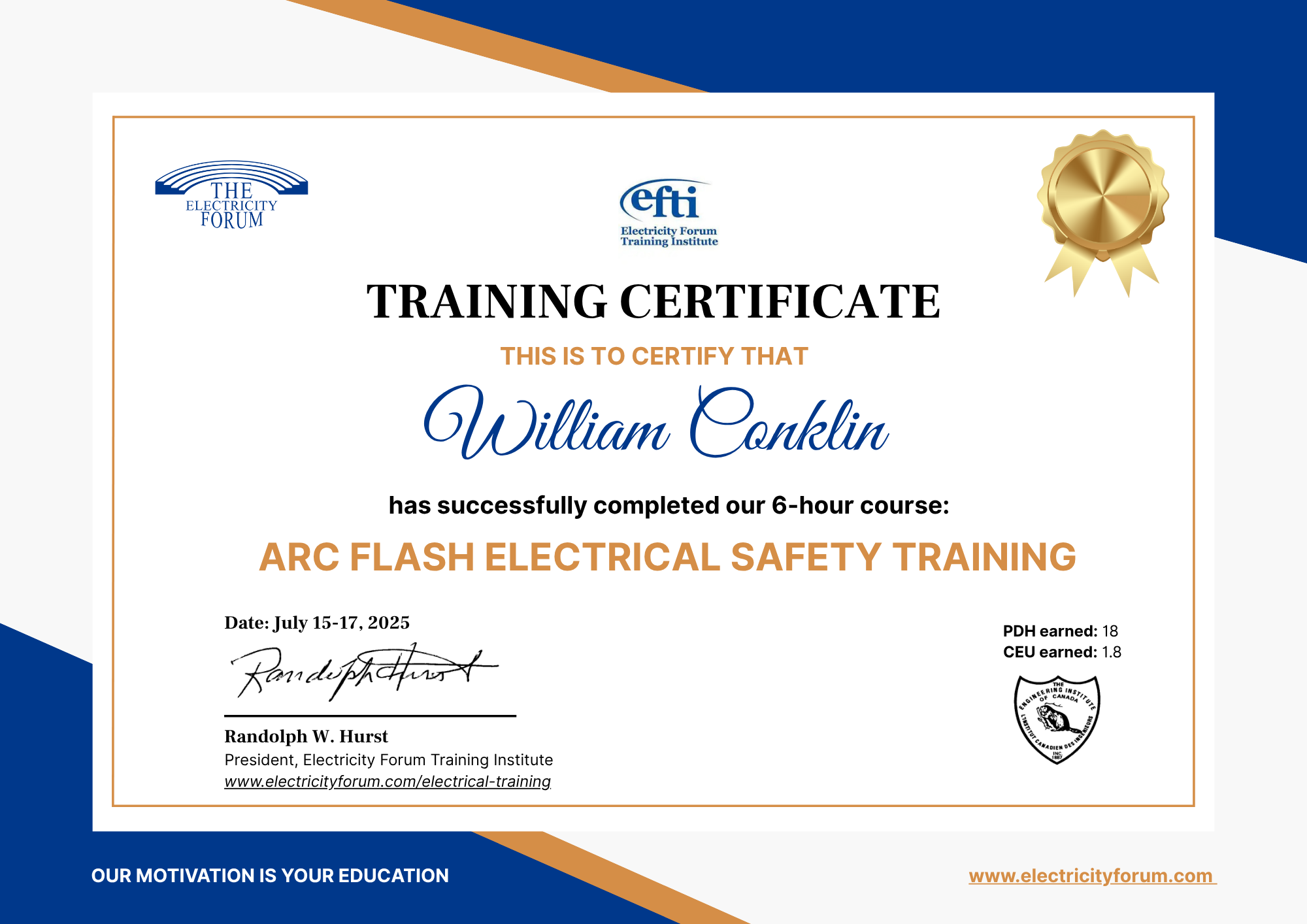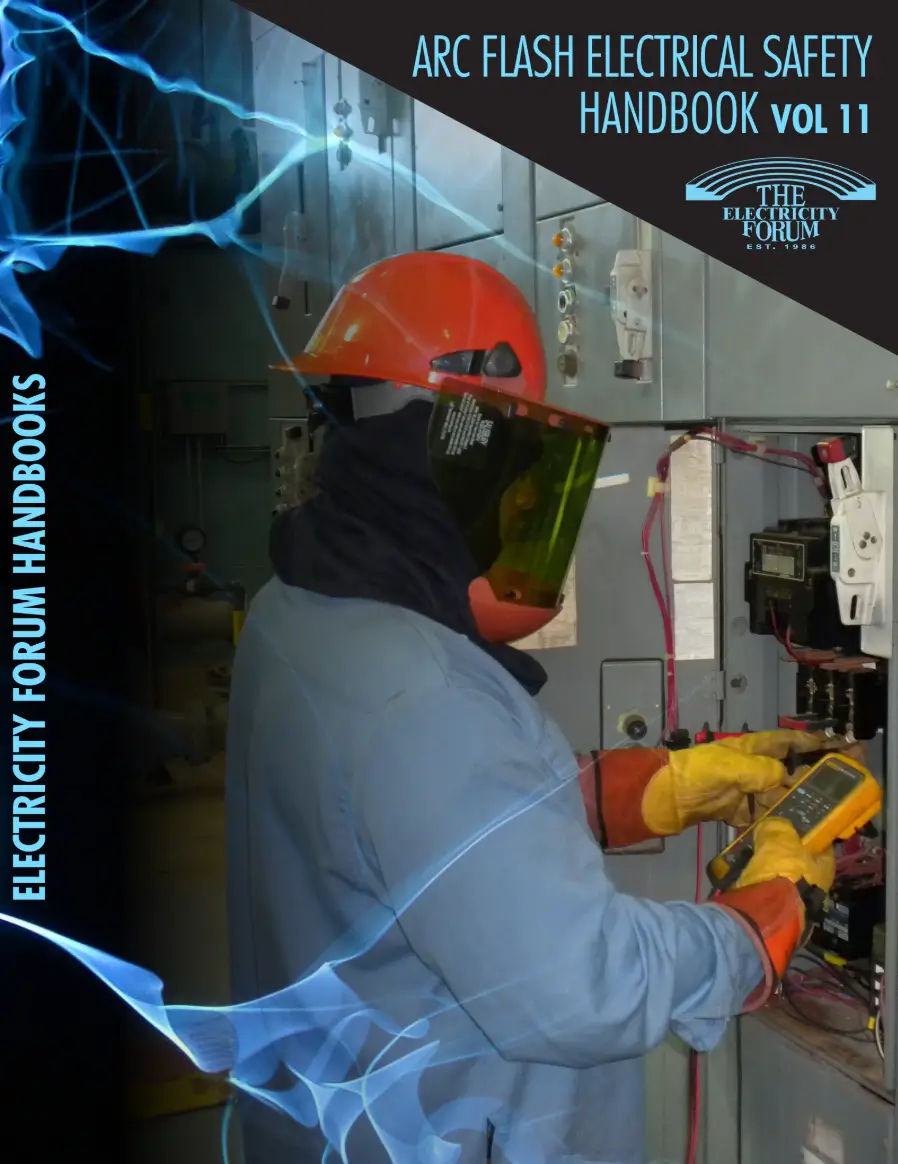Battery Energy Storage Technologies for Solar PV Systems - Program Outline
Day 1:
Session 1: Introduction to Solar Energy Storage Systems
Battery Types and Characteristics
- Electrochemistry Basics
- Battery Cell Construction
- Battery Management Systems
Overview of Solar PV Systems
- Types of Solar Energy Storage Systems
- Market Trends in Solar Energy Storage
- Safety Considerations and Standards for Solar Energy Storage Systems
Session 2: Battery Energy Storage Technologies for Solar PV Systems
Lithium-Ion Batteries
- Construction and Operation
- Advantages and Disadvantages
- Maintenance and Safety Considerations
Other Battery Energy Storage Technologies for Solar PV Systems
- Lead Acid Batteries
- Sodium Sulfur Batteries
- Flow Batteries
- Comparison of Different Battery Types
Session 3: Stationary Battery Banks and Energy Storage Systems for Solar PV Systems
Battery Bank Configurations
Charging and Discharging Considerations
Battery Enclosures and Safety Requirements
System Integration and Monitoring for Solar PV Systems
Installation and Commissioning of Battery Energy Storage Systems for Solar PV Systems
Session 4: Battery Testing and Maintenance Procedures for Solar Energy Storage Systems
Battery Maintenance Procedures for Solar PV Systems
- Inspection of cells, connections, and terminals
- Cleaning of cells, connections, and terminals
- Tightening of loose connections
- Inspection of electrolyte levels and topping up
- Cleaning of battery racks and enclosures
- Replacement of damaged or worn components
- Record-keeping of maintenance procedures and battery performance
Battery Testing Procedures for Solar PV Systems
- Capacity testing
- Internal resistance testing
- Load testing
- Float testing
- Temperature testing
- Periodic testing of battery management systems
Mitigation of Explosion and Fire Hazards in Solar PV Systems
- Thermal Runaway Barriers
- Fire Suppression Systems
- Battery Management System Alarms and Shutdown Procedures
Day 2:
Session 5: Battery Management Systems and Control Strategies for Solar Energy Storage Systems
Battery Management System Architecture for Solar PV Systems
State-of-Charge Estimation Techniques for Solar PV Systems
State-of-Health Estimation Techniques for Solar PV Systems
Balancing and Equalization Strategies for Solar PV Systems
Overvoltage and Undervoltage Protection for Solar PV Systems
Session 6: Inspection and Maintenance of Battery Energy Storage Systems for Solar PV Systems
Inspection of Battery Racks and Enclosures for Solar PV Systems
Cleaning and Lubrication of Battery Hardware for Solar PV Systems
Battery System Grounding and Bonding for Solar PV Systems
Visual Inspection of Battery Cables and Connections for Solar PV Systems
Battery Monitoring System Testing for Solar PV Systems
Battery Performance Testing for Solar PV Systems
Session 7: Troubleshooting Battery Energy Storage Systems for Solar PV Systems
Identification of Battery Failure Modes for Solar PV Systems
Common Causes of Battery Failure for Solar PV Systems
Troubleshooting Battery Management Systems for Solar PV Systems
Troubleshooting Battery Cabling and Connections for Solar PV Systems
Diagnosing Battery Performance Issues for Solar PV Systems
Session 8: Commissioning and Acceptance Testing of Battery Energy Storage Systems for Solar PV Systems
Pre-Commissioning Preparation for Solar PV Systems
Verification of Battery Bank Construction for Solar PV Systems
Testing of Battery Management Systems for Solar PV Systems
Battery Capacity and Performance Testing for Solar PV Systems
Documentation and Record-Keeping Requirements for Solar PV Systems

















